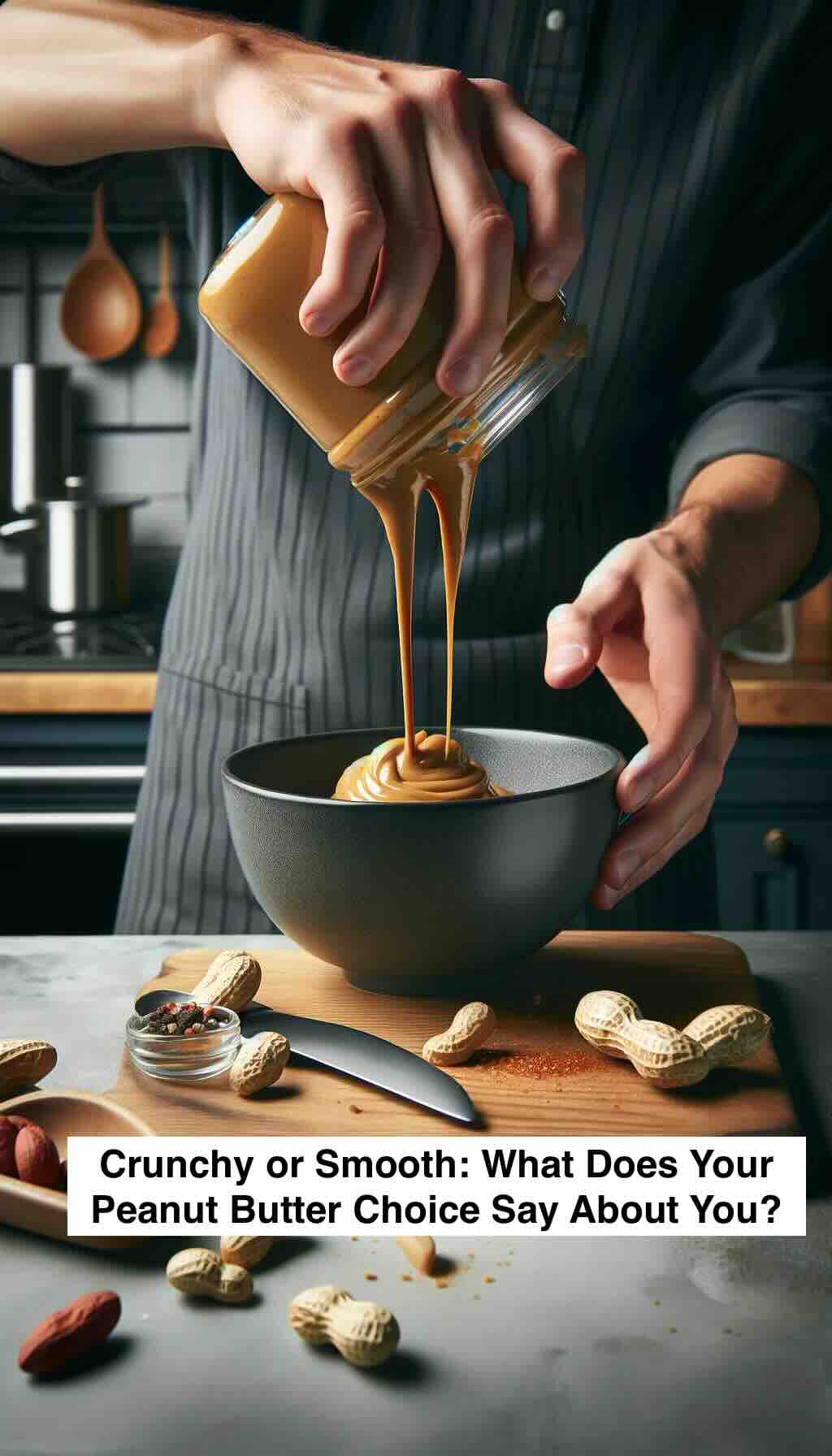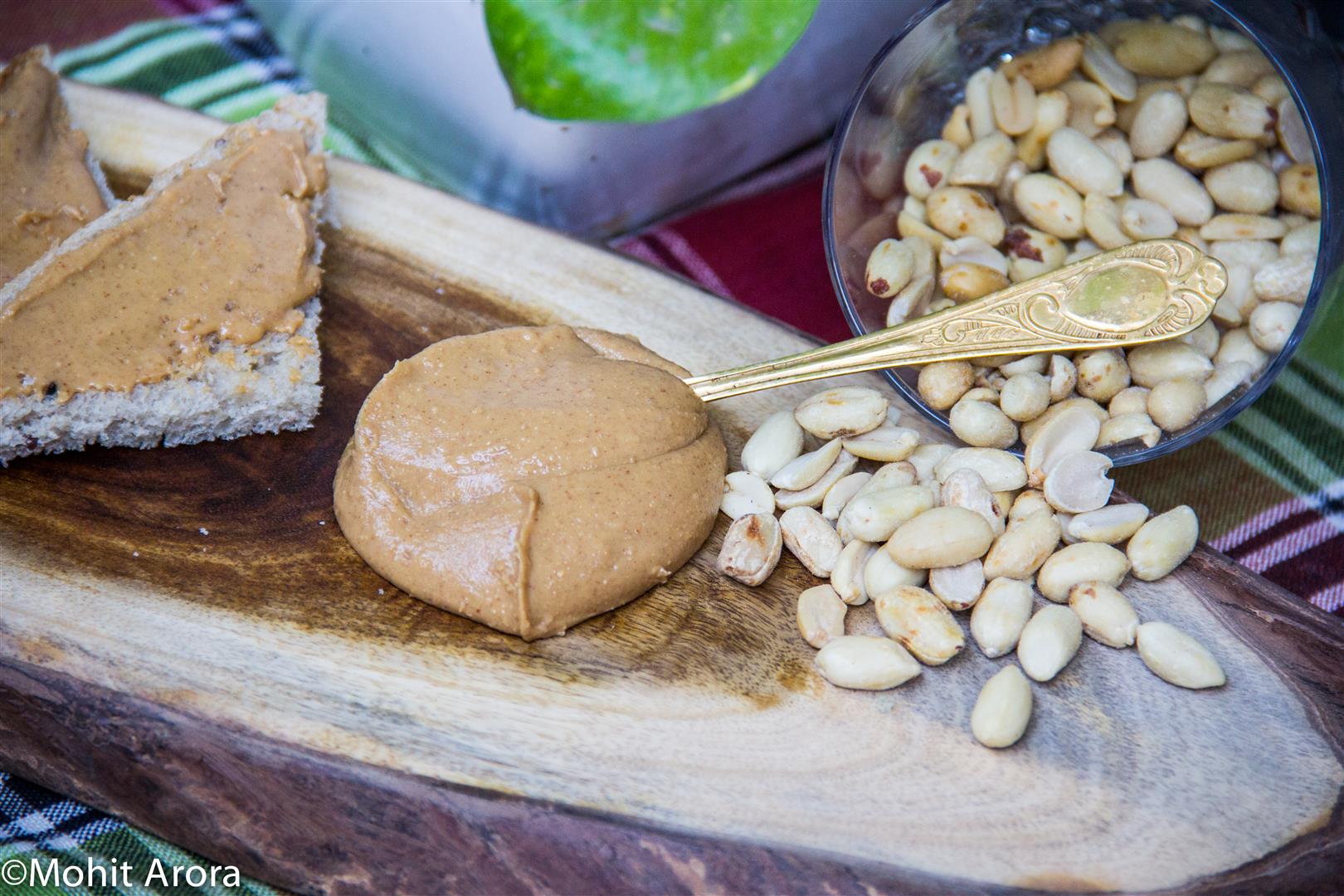
A Spread Unlike Any Other
Peanut butter: a humble pantry staple that’s found its way into the hearts (and stomachs) of millions worldwide. But have you ever paused, mid-bite of your PB&J sandwich, to wonder how this nutty delight came to be? Let’s dig into the creamy, crunchy, and utterly fascinating history of peanut butter and discover its journey from ancient invention to the modern day marvel we can’t live without.
Ancient Beginnings to Patentable Paste
Before it graced our supermarket shelves, peanut butter’s origins traced back to ancient civilizations. The Incas, known for their innovative agricultural practices, were among the first to grind peanuts into a paste. However, it wasn’t until the 19th century that peanut butter as we know it began to take shape, thanks to Canadian pharmacist Marcellus Gilmore Edson, who patented a process for creating a peanut paste in 1884.
Kellogg’s Contribution and the Spread’s Evolution
John Harvey Kellogg, a name synonymous with breakfast cereals, saw potential in peanuts as a nutritious protein source. Along with his brother, Kellogg patented a process for making peanut butter, aiming to offer a healthy, meatless protein option. This marked the beginning of peanut butter’s journey from a health food for the elite to a beloved staple in American households.
A Cultural Staple and Culinary Chameleon
Peanut butter’s versatility is unmatched. It has crossed cultural boundaries and culinary categories, from the classic American PB&J to Thai peanut sauces and beyond. Its ability to morph from sweet to savory, from comfort food to gourmet ingredient, showcases its unique place in the culinary world.
The Nutritional Scoop: More Than Just Comfort Food
While peanut butter is often celebrated for its comforting taste, it’s also packed with nutrition. A source of protein, healthy fats, vitamins, and minerals, peanut butter can be a healthful addition to diets when chosen wisely (think natural, low in sugar and hydrogenated oils). Its rich nutrient profile supports everything from muscle repair to heart health, making it a powerhouse beyond its taste.
Modern Innovations and Ethical Considerations
Today’s peanut butter market is a testament to innovation, with varieties ranging from crunchy to smooth, flavored to natural. However, as we spread our peanut butter, it’s essential to consider ethical sourcing and environmental impact. Opting for brands that prioritize sustainable practices can make our peanut butter consumption more responsible and rewarding.
DIY Peanut Butter: A Recipe for the Brave
For the culinary adventurers, making peanut butter at home is a simple and satisfying endeavor. All you need are peanuts, a pinch of salt, and a food processor. Roast, blend, season, and voilà—you have a jar of fresh, homemade peanut butter, free from additives and full of love.
A Future as Rich as Its Flavor
As we look to the future, peanut butter’s potential seems as limitless as its creamy texture. Whether fueling the next generation of athletes, inspiring chefs, or satisfying late-night cravings, peanut butter will undoubtedly continue to evolve, adapt, and delight.
Let’s Spread the Love
So, the next time you dip your spoon into that jar of peanut butter, remember that you’re indulging in a product of centuries of innovation, a symbol of culinary versatility, and a testament to the simple pleasure of eating. Whether you’re a crunchy loyalist or a smooth aficionado, one thing’s for certain: peanut butter has cemented its place in our kitchens and our hearts.
FAQs on Crunchy or Smooth: What Does Your Peanut Butter Choice Say About You?
1. What’s the origin of peanut butter?
Peanut butter dates back to ancient times, with the Incas being one of the first to grind peanuts into a paste. The modern version began to take shape in the 19th century, thanks to innovations by Marcellus Gilmore Edson and later, John Harvey Kellogg.
2. Is peanut butter actually good for you?
Yes, when consumed in moderation and chosen wisely (opting for natural, low-sugar varieties), peanut butter is a nutritious option packed with protein, healthy fats, and essential vitamins and minerals.
3. Crunchy or smooth: which is better?
It’s a matter of personal preference! Nutritionally, they’re quite similar, so whether you like the creamy texture of smooth or the satisfying bite of crunchy, you’re making a great choice either way.
4. Can I make peanut butter at home?
Absolutely! All you need are roasted peanuts, a bit of salt, and a food processor. Homemade peanut butter allows you to control the ingredients and customize it to your liking.
5. Why does peanut butter stick to the roof of your mouth?
The sticky texture of peanut butter, especially when thickly spread, can adhere to the moist surface of your mouth. It’s a unique characteristic that many find part of its charm!
6. What are some creative ways to use peanut butter?
Beyond sandwiches, peanut butter can be used in sauces, dressings, smoothies, baked goods, and even savory dishes like satay or soups for a nutty flavor boost.
7. Is peanut butter vegan?
Yes, peanut butter is inherently vegan, being made from peanuts. Just be sure to check labels for added ingredients if you’re adhering to a strict vegan diet.
8. How should I store peanut butter?
Natural peanut butter (without stabilizers) should be stored in the refrigerator after opening to prevent the oil from separating. Conventional peanut butter can be stored in a pantry.
9. Can dogs eat peanut butter?
In moderation, peanut butter can be a tasty treat for dogs. However, ensure it’s free from xylitol, a sweetener toxic to dogs. Always check the ingredients list to be safe.
10. What’s the deal with peanut allergies and peanut butter?
Peanut allergies are serious and can be life-threatening for those affected. Always be mindful of allergies when serving peanut butter to others and look for allergen-free alternatives if necessary.
Blog Tags
peanut butter, nutrition, homemade recipes, vegan snacks, peanut allergy, culinary uses, health benefits, DIY peanut butter, ancient foods, food history










